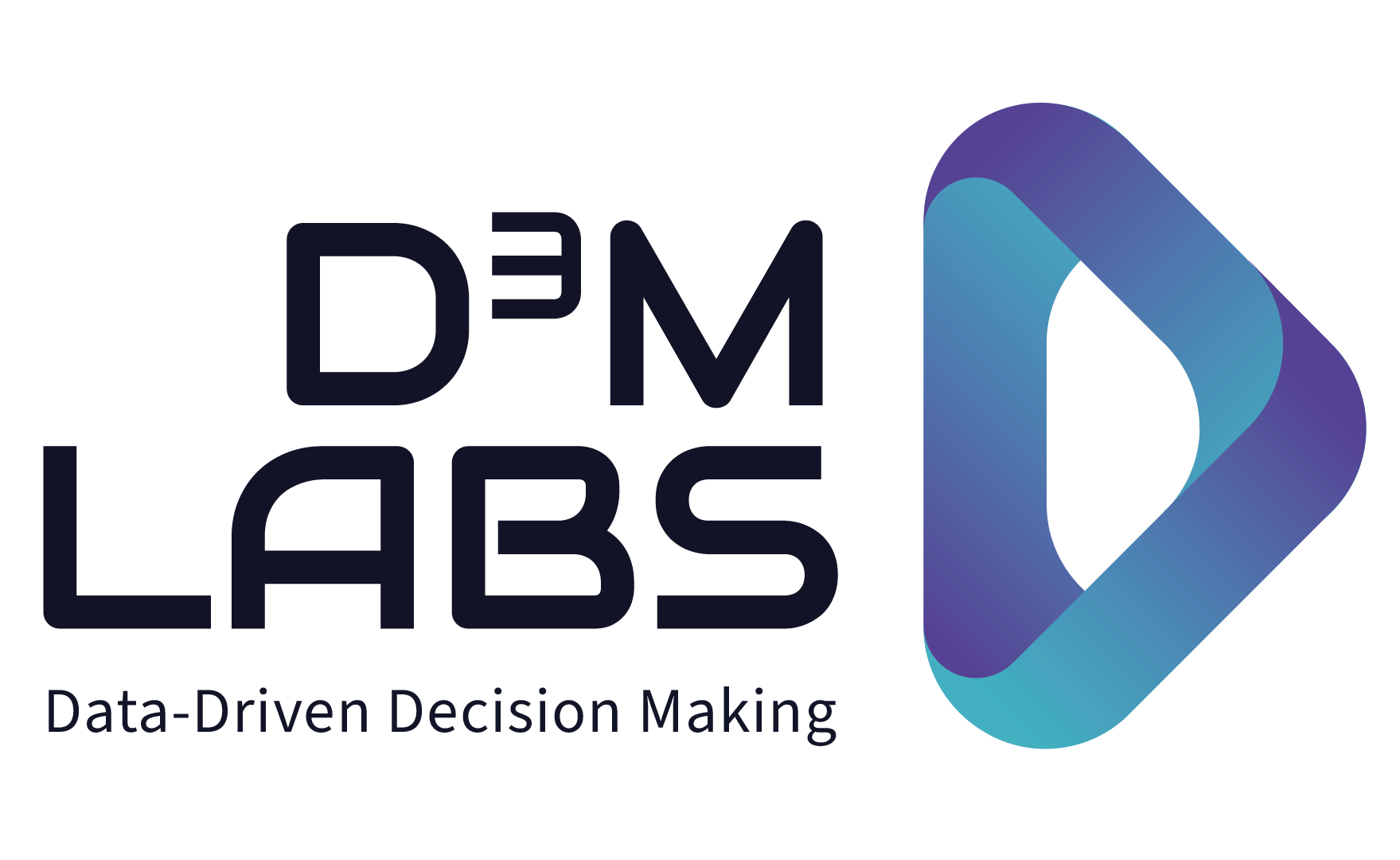Kategorie: Analytics
Is the love of artisinal SQL the downfall of data teams?
The artisanal approach to SQL and the masterpiece culture in querying are not-so silent killer of many data teams. The self-view of many analysts and even data leaders is that writing long queries is an intellectual and technical pure form of analysis. However, if crafting a 200-something line SQL query takes hours or even days (a scenario all too familiar), it’s a sign that your data team is operating like artistic masters. Let’s face it, data teams don’t have royal sponsors to create masterpieces. Thinking Bauhaus is more fitting for cash-burn budgets that most data teams run on.
Avoiding Data Strategy Spaghetti: Be more like Hummus. Be Simple.
Analytics Fear of Missing Out (AFOMO) might be the reason your data strategy resembles a chaotic spaghetti-filled pasta bar, with many options and free-form combinations. This pervasive apprehension compels individuals and businesses alike to scramble in fear of being left behind, driving them to relentlessly try new KPIs and keep options open with any data set they could recall being in their organization. This blog is inspired by my interview „Data should be like a plate of hummus,“ a conversation with Lior Barak and Elizabeth Press (myself) from D3M Labs.
Operational Analytics, a New Paradigm for Delivering Data-Driven Impact
From higher ROI to easier use, operational analytics answers many contemporary challenges facing data teams. I (Elizabeth Press), spoke with Dani Solà Senior Vice President of Data and Analytics at Clark about Operational Analytics. Success, however, necessitates a well-governed data platform and solid security concepts. When your stakeholders come back with questions, it’s a sign of engagement and thus relevance of the system you built.
How can analytics become a revenue generating function?
The first Decision Lab Round Table covered the topic of how to make Analytics a revenue-generating function. We had a cross functional discussion involving data professionals, as well as adjacent professions who are working in Europe and the USA. This blog covers the discussion points, as well as D3M Labs commentary about how analytics should be a business function.
Wie kann Analytik zu einer Umsatz generierenden Abteilung werden?
Der erste Decision Lab Round Table befasste sich mit dem Thema, wie man die Analytik zu einer Umsatz generierenden Abteilung machen kann. Wir hatten eine funktionsübergreifende Diskussion unter Beteiligung von Datenexperten und benachbarten Berufsgruppen, die in Europa und den USA arbeiten. Dieser Blog enthält die Diskussionspunkte sowie einen Kommentar von D3M Labs dazu, wie Analytik eine Geschäftsfunktion sein sollte.
Can we align on the Definition of SELF-SERVICE ANALYTICS?
Ashish Kalra is an experienced data leader who has been reading about self-service analytics over LinkedIn from different Data Leaders for some time. He has observed that everyone has their own definition of „Self-Service Analytics.“ In this article, Ashish publishes his own view on the topic and is open to peer and stakeholder feedback.
Solving the speed vs. quality experimentation dilemma and growing the New York Times- an interview with Shane Murray
Contextualizing our world with data, part 4: Journalism. Solving the speed vs. quality dilemma and growing the New York Times, also during the Trump years. Shane Murray, Field Chief Technology Officer at Monte Carlo and former Senior Vice President of data & insights at The New York Times, talks with about experimentation and growing a digital subscriber business, the New York Times. Shane talks about how to solve the experimentation speed vs. quality dilemma – and often outright conflict – between business stakeholders and data teams. Shane also talks about how the New York Times transformed itself into a digital subscription product and tech company.
Nurturing the customer relationship with data – an interview with Sarah Carr
Contextualizing our world with data, part 2: Customer Relationship Management (CRM). Sarah Carr is a recovering Marketer who has gone on to become a CRM systems nerd. Aside from core CRM, Sarah also works on data governance, data quality, and privacy. Looking back at her journey, Sarah talks about how CRM went from email marketing to automated omni-channel orchestration of the customer experience. Sarah also gives her insight on how data teams and stakeholders can utilize self-service and data education to drive business forward together. Moreover, she discusses how Arts degrees can be good breeding grounds for analytical minds.
Contextualizing our world with data, a D3M Labs Series
Contextualizing our world with data. A four part D3M Labs series about how communications professionals use data. Writing and other forms of communications might be art, however, technology is the means by which thoughts, news, images, etc. are conveyed, stored, measured and iterated. The impact can range from branding and connecting with customers and prospects, to reporting about world events.
Data is about business- an interview with Tristan J Burns
The Future of the Analyst, Part 3: Data is about business, strategy and revenue generation. Tristan J Burns shares his transition from banking to being a data leader. Tristan details how he sees the role of a data leader encompassing EQ (emotional intelligence) and enabling the data team to drive strategy and data-driven decision making. The interview also includes how data leaders should be measured and which C-Suite roles they should fill.









